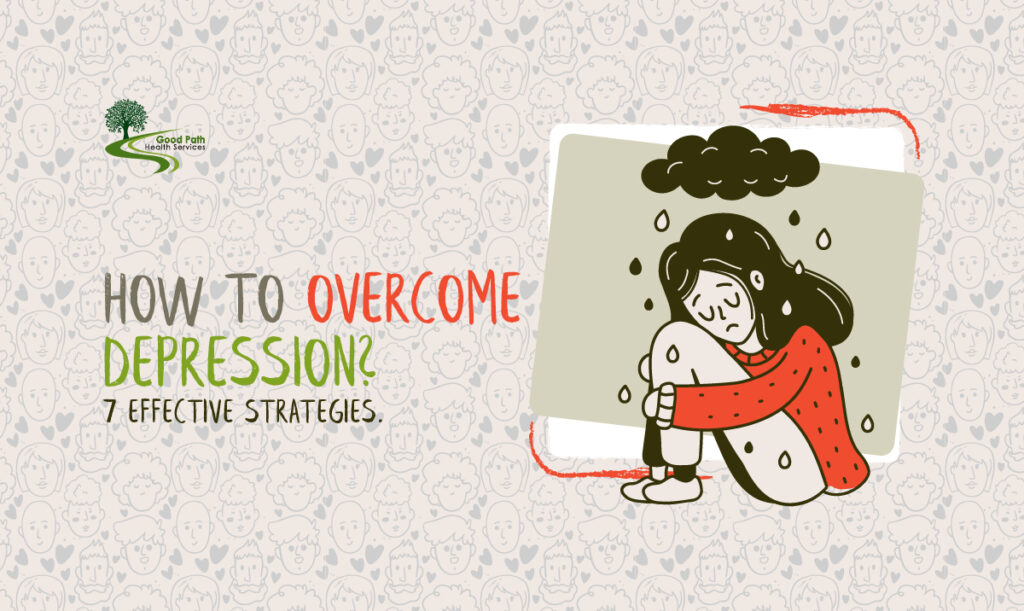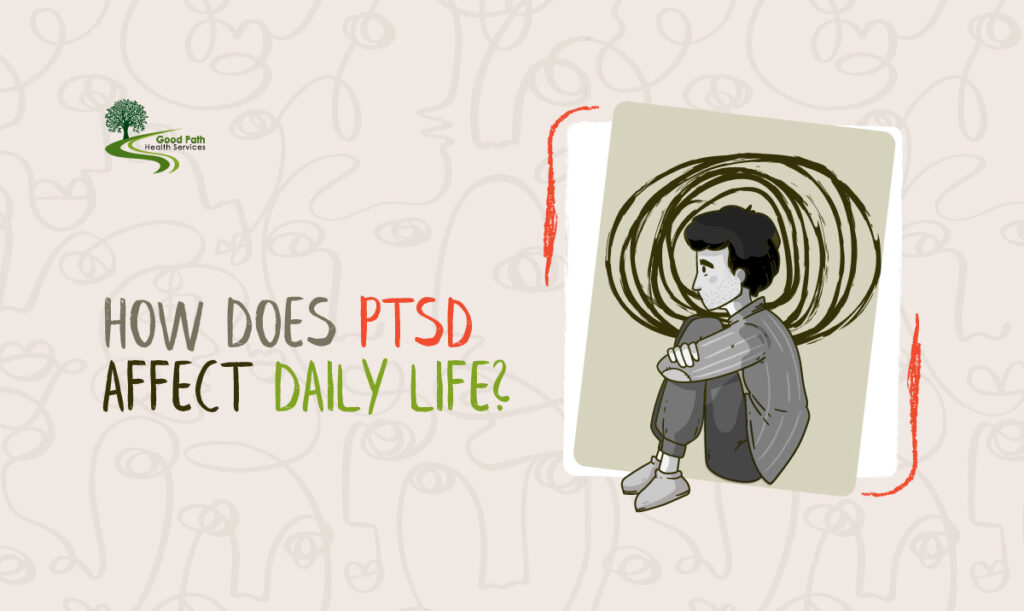
Finding your way through the complicated nature of post-traumatic stress disorder and its forms can feel like exploring a world of shades within the fog of human struggle.
Complex PTSD in particular has inspired considerable discourse over its status as a disability, raising questions about the connection between trauma and the law.
This piece is intended for those in the mental health and the disability rights community to examine the diverse nature of Complex PTSD and its effects.
What is Complex PTSD?
Compared to the traditional PTSD diagnosis, Complex PTSD (also callked C-PTSD) includes a more extensive set of symptoms that usually result from ongoing or recurrent trauma.
It differs from PTSD by including symptoms related to dysregulation, negative self-concept and interpersonal disturbances.
Unlike standard PTSD, complex PTSD triggers are based in prolonged and repetitive trauma which can make them more complex and sometimes harder to identify and manage.
For those who are unfamiliar — the primary symptom of Complex PTSD is severe psychological distress combined with compromised sense of safety and trust which usually gives rise to distorted self-perception.
It commonly affects those exposed to long-term abuse and neglect such as survivors of domestic violence, prisoners of war and those exposed to extreme religious indoctrination.
Clinically these people experience a complicated struggle involving problems with:
- Emotional regulation.
- Changing in consciousness.
- Sense of control.
- Self-worth.
- Interpersonal relations.
The persistence of these symptoms can severely impair daily life and the quality of it.
Related Read: How Does PTSD Affect Daily Life?
Is Complex PTSD a Disability? – Disability Criteria
The term ‘disability’ has many interpretations — legal and informal.
Federally the Americans with Disabilities Act (ADA) defines a person with a disability as someone with a physical or mental impairment that affects one or more major activities.
It is essential to understand that C-PTSD effects are real and extensive.
Accordingly, if we align Complex PTSD with these criteria it becomes evident that it can indeed affect major life activities.
A person could find both their personal and professional lives disrupted or in a state of persistent disruption.
The ability to maintain relationships, achieve a sense of personal fulfillment, or engage in daily activities can be extremely difficult for those living with C-PTSD.
In spite of this, the representation of C-PTSD as a disability is not universally accepted.
Skeptics claim that declaring it as a disability could stigmatize people or compromise the diversity of their experiences.
Even so, many within the mental health community and those directly affected support its classification as a disability — seeing it as a means of gaining recognition and access to necessary resources.
Challenges Faced by People
Stigma towards mental health disabilities creates misconceptions which in turn often present serious barriers to those looking for support for C-PTSD.
Societal norms can translate into barriers to care and employment discrimination which can diminish the living conditions for those in need.
Accessing resources and treatment becomes a complicated process with obstacles at every turn.
Insurance limitations, lack of specialized care and financial obstacles can deprive people of the means to manage trauma and achieve stability.
For those suffering from C-PTSD, dealing with these issues while managing their symptoms can seem like an impossible task.
Education and awareness are essential to resolving these issues.
Through the cultivation of understanding and empathy we can create a supportive setting for people with C-PTSD and encourage the end of mental health stigmatization.
Legal and Social Consequences
Recognition of C-PTSD as an actual disability has legal and social ramifications that can truly affect the rights and accommodations afforded to sufferers.
The ADA specifies reasonable accommodations in the workplace which can range from flexible schedules to a shift in job duties.
Disability benefits are another form of social support. The criteria for disability benefits incorporate the person’s capacity to work and sustain a livelihood.
Benefits like these can be a lifeline for those suffering from C-PTSD, alleviating stressors that worsen symptoms.
The Disability Rights Community — a collective voice for people with disabilities also plays an integral role in advocating for the recognition and accommodation of C-PTSD.
Through their efforts they hope to shift the narrative, enabling people with C-PTSD to stand up for their rights and work for a more just society.
Concluding Thoughts
The debate about Complex PTSD and whether it is a disability or not keeps shifting.
Admittedly, there is much activism involved in fighting for that change, and the legal interpretations vary from one country to another depending on the laws governing individual states.
If we sustain the conversation and delve further into how trauma affects us; then we may be able to guide these patients find their way back to healing and strength.
In this regard inclusive policies should be supported as well as lifting up those who are affected by these conditions in an empathetic manner through our daily engagements.
Feel free to join connect and support one of the most targeted groups within our societies, who bear the invisible but factual burden of complex PTSD.
For further support or treatment please contact us at Good Path Health Services.
Consider visiting WebMD to learn more information.
FAQ Section
Is CPTSD a disability?
CPTSD can be considered a disability if it severely impairs daily functioning.
How to explain C-PTSD to someone who doesn’t have it?
Think of it like a psychological injury from being exposed to trauma for a long time, messing with emotions and relationships.
What does a PTSD episode look like?
It can involve:
- Flashbacks.
- Severe anxiety.
- Uncontrollable thoughts of the trauma.
- Physical reactions like shaking.
Can you get disability for PTSD from domestic violence?
Yes people can qualify for disability benefits for PTSD stemming from domestic violence.
How do I find a CPTSD therapist near me?
Search for trauma-informed therapists in your area or via telehealth platforms specializing in CPTSD.
Complex PTSD and noise sensitivity?
Noise sensitivity is common in CPTSD where sudden or loud noises can trigger stress or flashbacks.
CPTSD and relationships?
CPTSD can affect trust and intimacy which makes relationships hard but manageable with support and therapy.
What are som complex PTSD coping skills?
Effective coping skills can be:
- Mindfulness.
- Grounding techniques.
- Therapy
- Building a strong support system.
Complex PTSD toxic relationships?
Those with CPTSD may find themselves in toxic relationships because of patterns learned from past trauma.
What are complex PTSD recovery stages?
Recovery includes safety and stabilization, remembering and mourning and reconnection with ordinary life.



